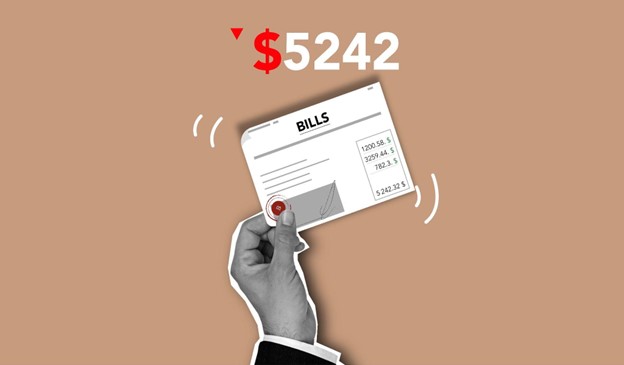Should You Consolidate Business Debts?

Running a successful business requires meticulous financial planning and management. A significant part of this process is managing debts, which can sometimes become overwhelming and hinder business growth. Business owners are often faced with the decision of whether to consolidate their business debts or not. Debt consolidation can be a helpful strategy, but is it always the right choice?
This blog post will delve into the key considerations one must weigh before opting for debt consolidation, aiming to provide a comprehensive view to guide your decision-making process.
1. Understanding Your Debt Structure
According to experts from Tax Law Advocates, understanding your debt structure is crucial before considering consolidation. Breaking down the types of debts, their interest rates, and repayment terms can give you a clear picture of what you’re facing.
Consolidation may offer a lower interest rate or simpler repayment structure. However, it might also extend the repayment period or create a lump sum that may not be advantageous depending on your specific situation.
2. Analyzing The Cost-Benefit
It’s essential to perform a cost-benefit analysis to ensure that consolidation will indeed save your business money in the long run. Consider the fees associated with consolidation, the new interest rate, and any potential penalties for early repayment of existing loans. It’s also wise to explore alternative options like renegotiating existing terms with creditors.
3. Impact On Credit Score

Your credit score is a significant factor in your business’s financial health. Consolidating debts could either improve or harm your credit score, depending on how it’s executed.
Successfully consolidating and managing the new loan could boost your score, while failing to meet the new terms could have a negative impact. Thoroughly understanding the potential effects on your credit score is key to making an informed decision.
Read More: Credit Cards And Debt Consolidation Loans
4. Flexibility And Control
Debt consolidation often results in a single monthly payment instead of managing multiple creditors. While this can simplify management, it may also reduce your flexibility. Assess how consolidation would affect your control over your finances.
Sometimes, maintaining separate loans allows for more tailored management according to individual loan terms.
5. Legal And Tax Implications

Consulting with legal and tax professionals is essential, as there might be implications that are specific to your industry or jurisdiction. For instance, consolidated loans might be treated differently for tax purposes, or there could be legal restrictions or benefits to consider. Always seek professional advice to ensure compliance with all relevant laws and regulations.
6. Considering Future Financing Needs
If your business might require further financing shortly, it’s vital to consider how debt consolidation could affect your ability to secure additional loans or lines of credit. Lenders might perceive consolidated debt differently, and it could either facilitate or hinder your future financing efforts.
7. Emotional And Psychological Factors
Finally, don’t overlook the emotional and psychological aspects of debt management. The stress of managing multiple debts can take a toll on you and your team. Debt consolidation might offer relief and a renewed focus on your business goals.
However, it’s essential to ensure that the emotional benefits align with the logical financial considerations.
Conclusion
Deciding whether to consolidate business debts is a complex decision that requires a multifaceted analysis. Each business’s situation is unique, and there is no one-size-fits-all solution. By considering the aspects outlined above, you can make an informed decision that aligns with your business’s financial goals and operational needs.
A cautious and well-informed approach, including consultation with financial, tax, and legal experts, is the key to making the right choice. Whether or not debt consolidation is the right step for your business will depend on a careful evaluation of your particular circumstances. Remember, the goal is not merely to simplify your financial picture but to optimize it in a way that supports your business’s long-term success and growth.

Pranab Bhandari is an Editor of the Financial Blog “Financebuzz”. Apart from writing informative financial articles for his blog, he is a regular contributor to many national and international publications namely Tweak Your Biz, Growth Rocks ETC.





